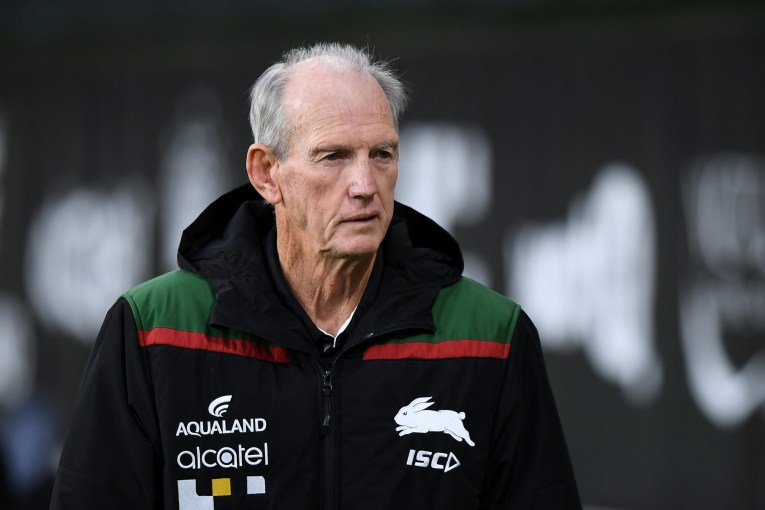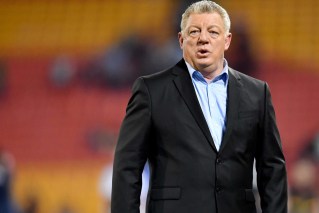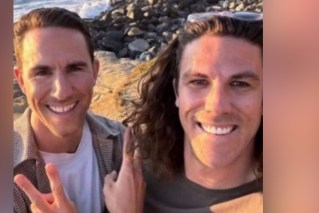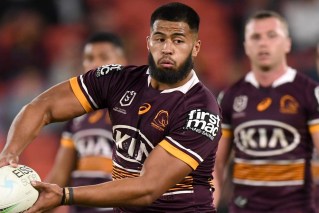Surge in demand for mental health support among athletes
Demand for mental health support among athletes and high performance sports staff surged by almost 70 per cent last year, according to the Australian Institute of Sport (AIS).
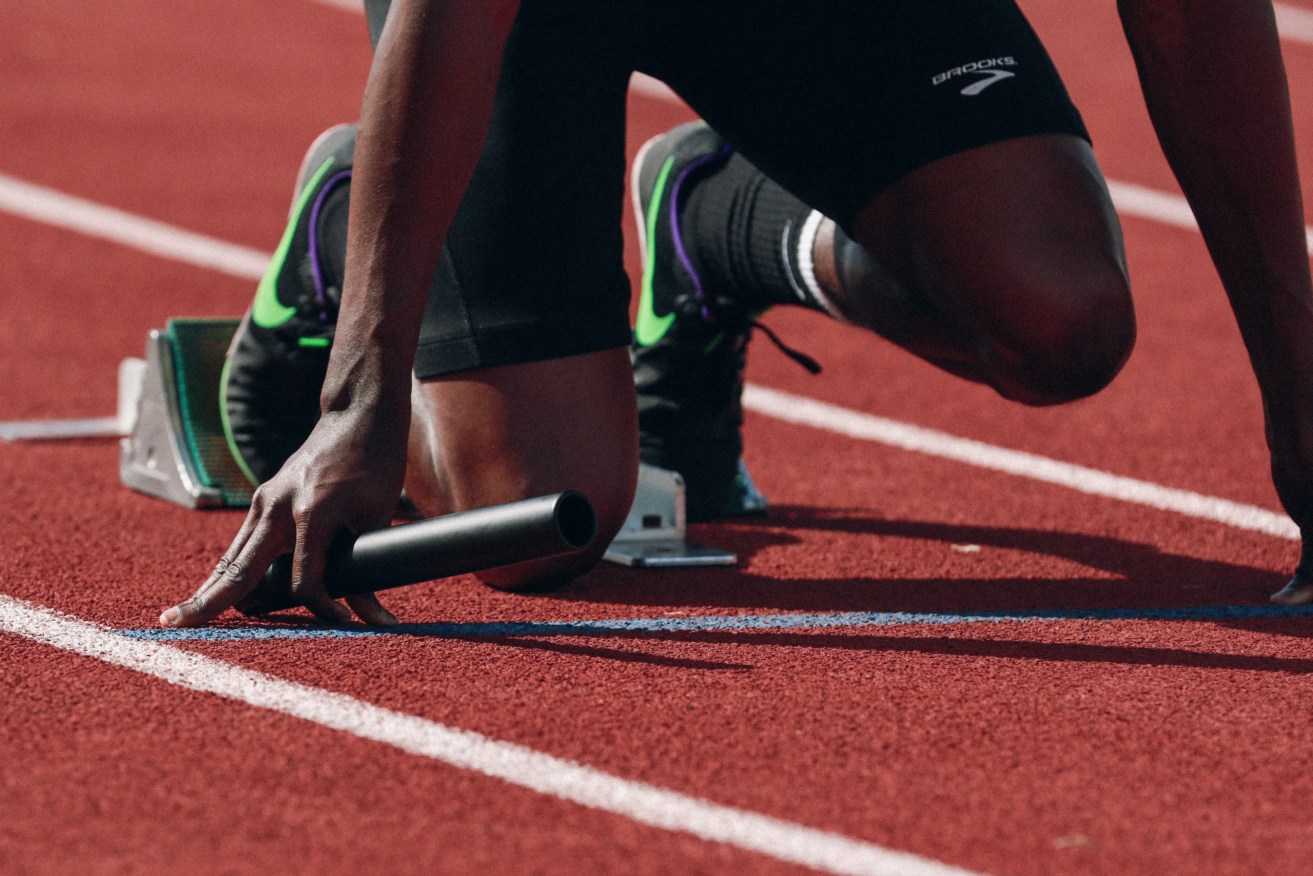
Image: Braden Collum/Unsplash
The AIS said its Mental Health Referral Network (MHRN) received 444 referrals in 2021, a huge leap on the previous year’s record 264 referrals.
The research showed that one-in-three high performance athletes were dealing with mental health or wellbeing concerns.
The AIS MHRN, which was established in 2018, consists of more than 60 psychologists and mental health clinicians across Australia.
AIS acting chief executive Matti Clements, herself a qualified psychologist, believed the stresses surrounding the Covid-19 pandemic contributed to the surge in demand.
“It’s understandable that we saw a rise in referrals in 2021 because we’ve been living in a prolonged pandemic world, and it was also an Olympic and Paralympic year which can carry increased stresses,” Clements said.
“But the pleasing thing for the AIS is that people in sport are more aware of the support available and are more willing to reach out for help.
“Our research tells us one-in-three high performance athletes are dealing with mental health or wellbeing concerns and so, with some 2,500 athletes involved in the high performance sport at any one time, we want to see the Mental Health Referral Network continuing to grow and helping more people.”
She said the majority of those seeking help were athletes while they encouraged others including coaches and high performance staff as well as office staff at AIS-funded national sporting organisations to reach out to the free service
“In particular, we want to encourage more coaches and past athletes to seek this support,” she said.
“High performance coaches often have to shoulder a big workload as well as supporting their athletes and teams, so we want them to prioritise their well-being too.
“We want past athletes to know that just because their competitive sporting careers may be over, there is help available as they transition to life after sport too.”
